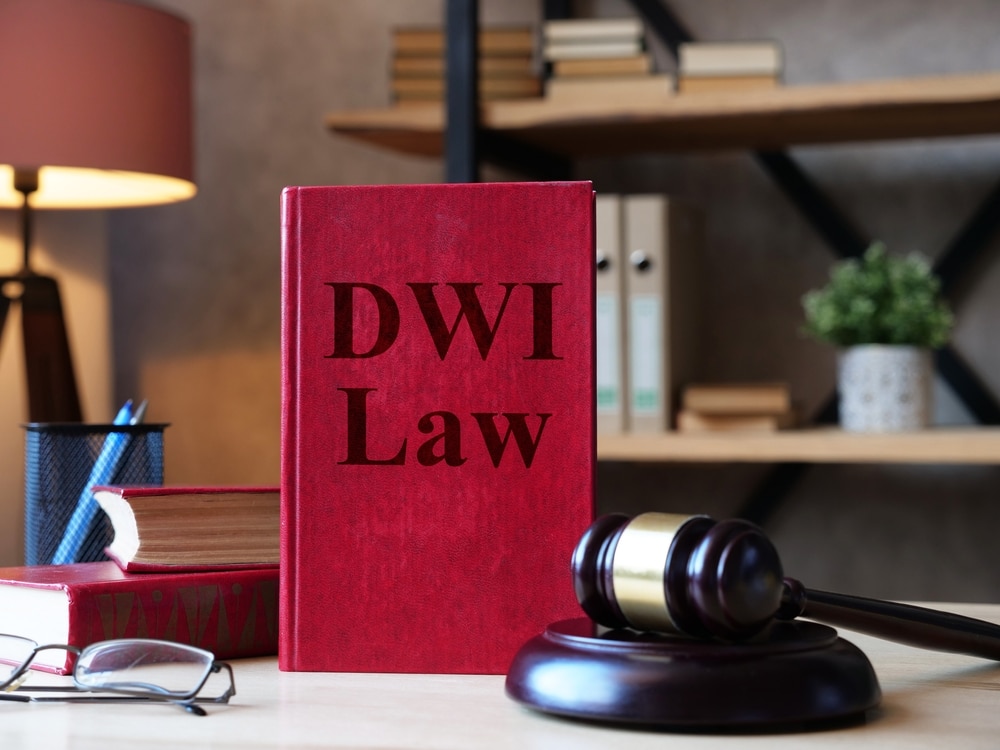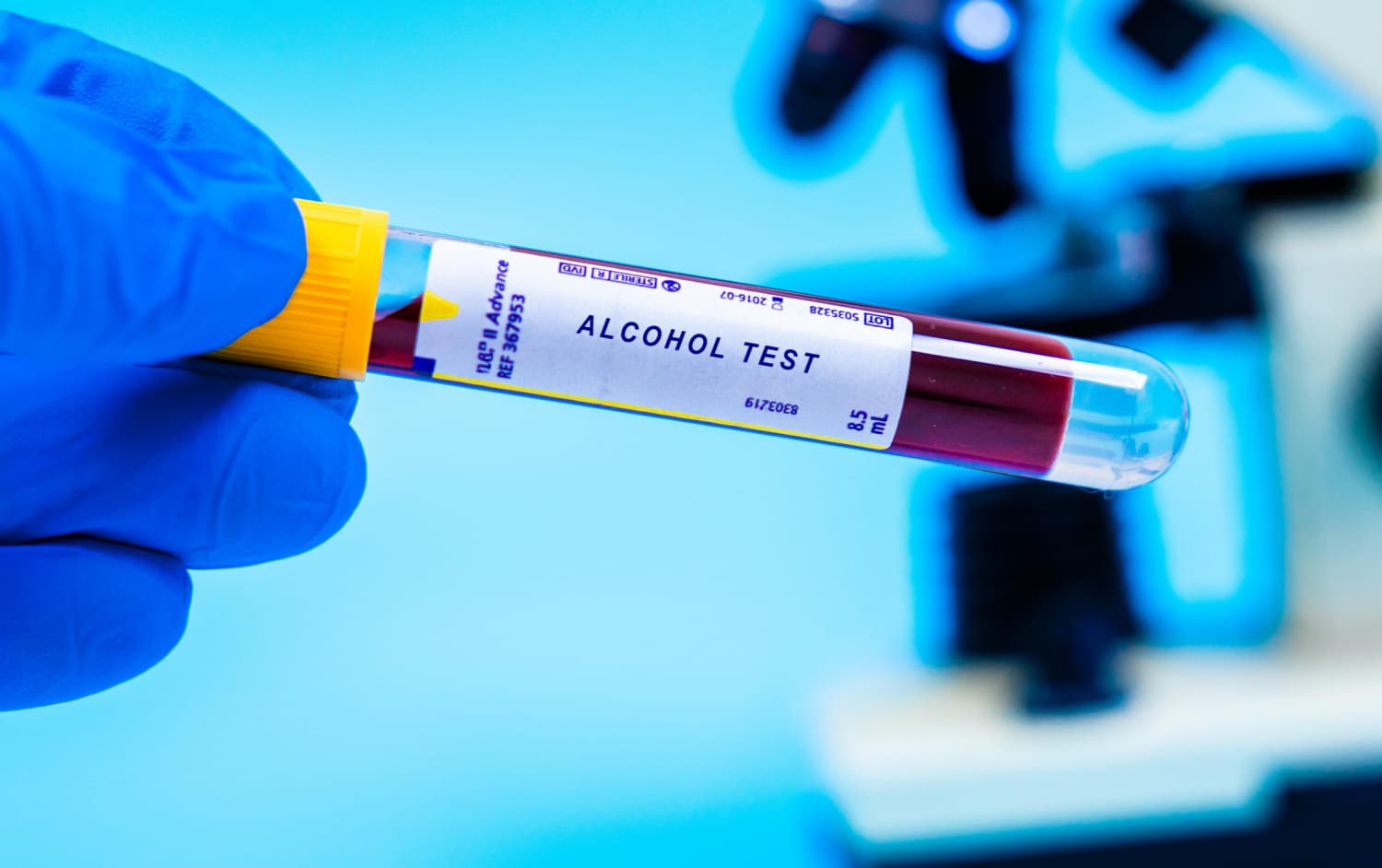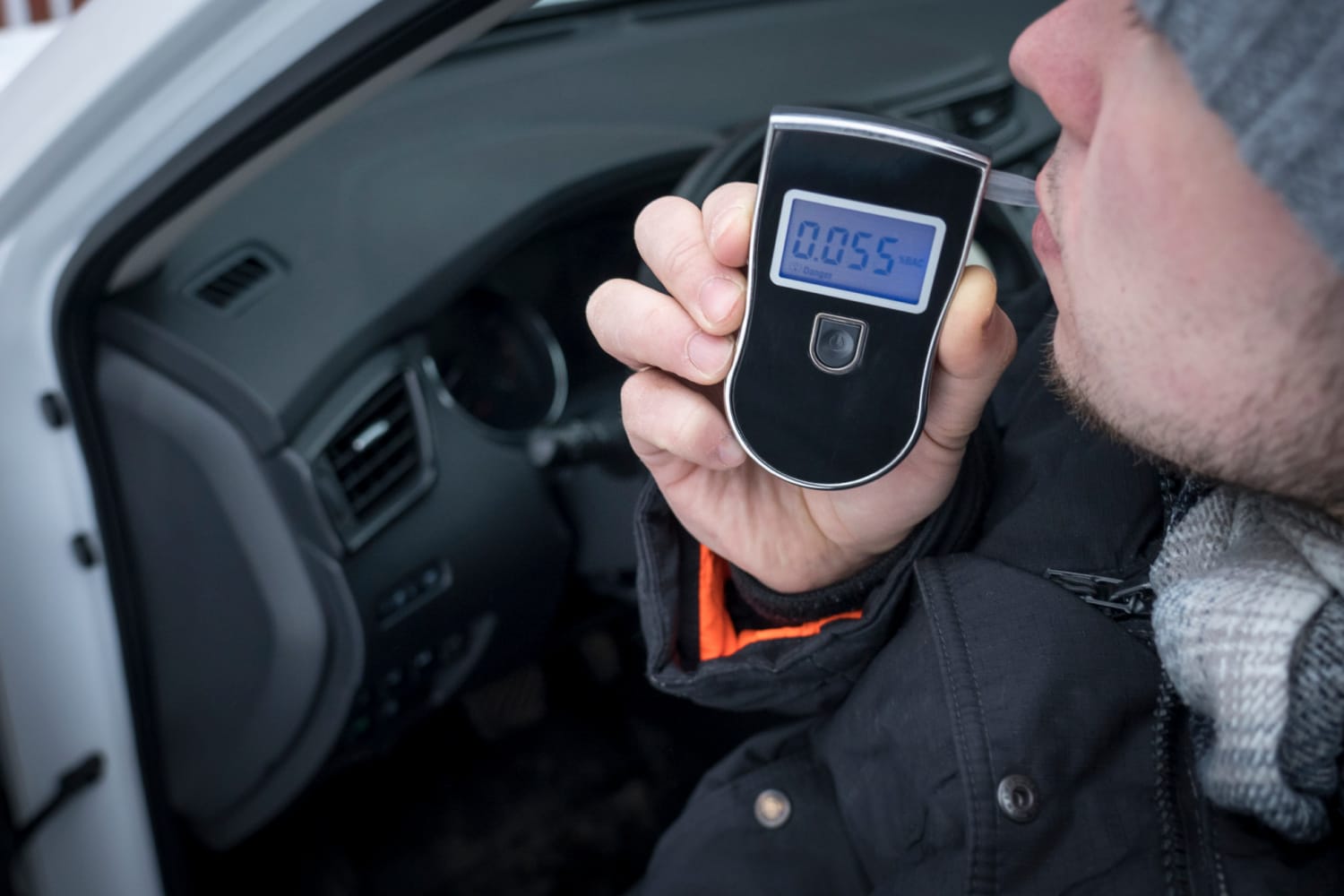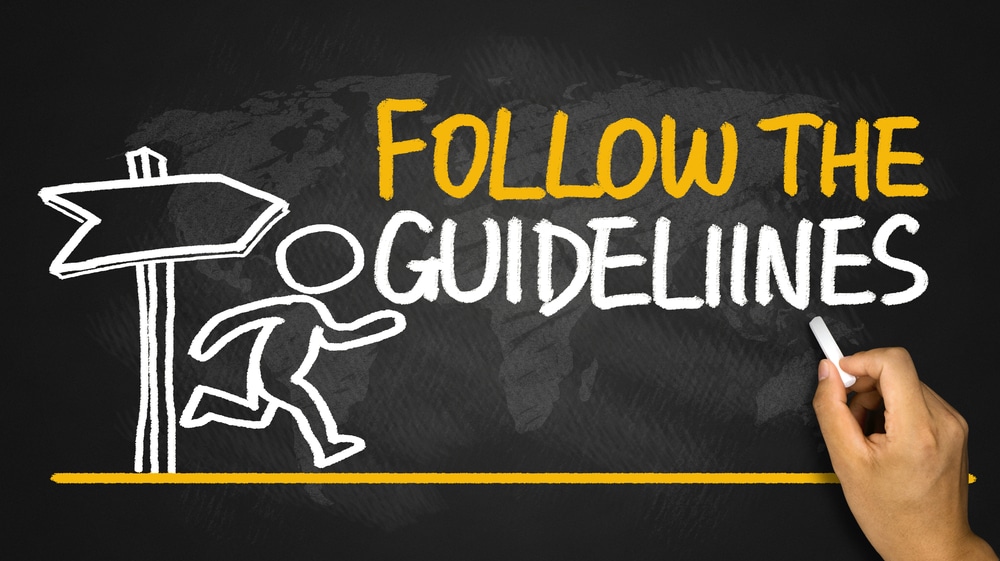You never expect your night to end in the back of a squad car with flashing lights in your face. But here you are shocked, anxious, maybe even ashamed. DUI/DWI charges can turn your life upside down. In Minnesota, they’re common. In 2023 alone, police made over 27,000 DWI arrests. The fallout can affect your job, your license, and your future. But you still have rights and options.
You don’t have to face this alone. At Keyser Law P.A., our Minneapolis, MN DWI defense attorneys help clients push back against harsh penalties and long-term consequences. Whether this is your first charge or not, we’re ready to protect your rights and guide you forward with skilled, compassionate support.
National and State Fatality Rates Remind Us What’s at Stake
Drunk driving remains one of the deadliest threats on U.S. roads. In 2023, 12,429 people died in alcohol-impaired driving crashes, that’s one fatality every 42 minutes.In Minnesota, the situation is just as alarming—official data shows that over 2,200 people were injured and 74 lost their lives in alcohol-related crashes in 2022. These tragedies are exactly why the state treats DUI or DWI so seriously. This isn’t just a traffic offense, it’s a public safety crisis.
Minnesota Uses a Four‑Degree System for DUI/DWI Charges
Minnesota’s DWI charges are not uniform; they are categorized into a four-degree system, with penalties escalating based on the severity of the offense and the presence of aggravating factors.
- 4th Degree (Misdemeanor): First offense with no aggravating factors. Up to 90 days in jail and a $1,000 fine.
- 3rd Degree (Gross Misdemeanor): One aggravator (BAC ≥ 0.16%, test refusal, or child in vehicle). Up to 1 year in jail and a $3,000 fine.
- 2nd Degree (Gross Misdemeanor): Two or more aggravators. Same penalties as 3rd degree, but with greater sentencing risk.
- 1st Degree (Felony): Three or more prior DWIs or extremely high BAC. Up to 7 years in prison and $14,000 in fines.
It’s clear that repeat offenses or serious DUI or DWI behaviors can rapidly and permanently escalate the severity of the charges you face. If you’ve been charged under any degree, a Minneapolis DUI defense attorney can fight to reduce penalties, protect your license, and build the strongest possible defense.
Commercial Drivers Have a Lower BAC Limit (0.04%)
If you hold a commercial driver’s license, the legal limit is stricter. A BAC of just 0.04%—half the standard limit—can result in serious consequences. A first offense brings a one-year disqualification of your CDL. A second offense means permanent disqualification. For many drivers, that could end a career. If you’re a CDL holder facing DUI/DWI charges in Minnesota, getting an experienced Minneapolis criminal defense attorney involved early is essential to protecting your livelihood.
Zero Tolerance for Under‑21 Drivers
Minnesota has a “zero tolerance” policy for drivers under the age of 21. Under Minn. Stat. § 169A.33, any detectable amount of alcohol in an underage driver’s system can trigger DWI charges. Even a BAC as low as 0.02% is considered a misdemeanor offense, leading to a license suspension ranging from 30 to 180 days. This policy emphasizes the state’s commitment to discouraging underage drinking and driving.
Refusing a Breath or Blood Test Carries Heavier Penalties
Minnesota’s Implied Consent Law means that by driving, you agree to submit to chemical testing if suspected of DUI/DWI. Refusing a breath or blood test is a gross misdemeanor, carrying up to one year in jail and a $3,000 fine, often harsher than failing the test. Officers can also obtain a warrant for a forced blood or urine sample. While you can ask questions or speak to a Minnesota DWI lawyer, refusal rarely protects you and usually makes your legal situation worse.
BAC Level Affects Your License Suspension
In Minnesota, license suspensions happen fast and separately from your criminal case.
- BAC under 0.16%: First-time offenders face a 90-day revocation, which can drop to 15 days with ignition interlock.
- BAC 0.16% or higher, test refusal, or child in car: Revocation jumps to at least one year, and ignition interlock is usually required.
You have 60 days to request a judicial review (Minn. Stat. § 169A.53). Miss it, and the suspension stands—no matter what happens in court. A Minnesota DUI attorney can act quickly to protect your license and defend your rights.
Aggravated DUI/DWI Can Lead to Whiskey Plates
In Minnesota, aggravated DWI offenses—like a BAC of 0.16% or higher, test refusal, or driving with a child—can lead to the issuance of “whiskey plates.” These special plates, starting with “W,” must be used on all vehicles you own or co-own for at least one year. They cost $50–$100 and mark you publicly as a DWI offender. Some drivers may avoid them by entering the ignition interlock program. A Minneapolis DWI lawyer can help you navigate your options and protect your privacy.
It’s Not Just About Alcohol, Prescription Drugs Count
It’s a common misconception that DWI charges only apply to alcohol or illegal drugs. In Minnesota, impairment by prescription medications, such as alprazolam (Xanax) or opioid pain relievers, can also lead to DUI or DWI charges, even if you have a valid prescription. If the medication affects your ability to safely operate a motor vehicle, you can be charged with impaired driving. This emphasizes the importance of understanding the side effects of any medication you are taking, and never driving if your judgment or motor skills are impaired.
You Can Refuse Field Sobriety Tests
During a traffic stop, you have the right to refuse field sobriety tests like the walk-and-turn, one-leg stand, or horizontal gaze nystagmus (HGN). While refusal might still lead to arrest based on other observations, saying no to these tests is not a crime. This is different from refusing a chemical test (breath or blood) after arrest, which is a criminal offense under Minnesota’s implied consent law. Understanding this distinction can help you make informed choices if you’re pulled over.
“Qualified Prior” Offenses Trigger Serious Charges
Under Minnesota Statutes § 169A.03, Subdivision 22, any prior DUI/DWI conviction or implied-consent license revocation (for refusing or failing a chemical test) within the past ten years is considered a “qualified prior impaired driving incident.”
That label matters; it can elevate your current charge significantly:
- One prior turns a 4th‑degree DWI (misdemeanor) into a 3rd‑degree DWI (gross misdemeanor).
- Two priors lead to a 2nd‑degree DWI (gross misdemeanor).
- Three priors in ten years—or a previous felony DWI—can land you a 1st‑degree felony DWI under Minn. Stat. § 169A.24.
Facing another charge within that decade? The stakes are high. Consulting a Minneapolis DUI defense attorney right away is important to avoid escalating penalties and build the strongest defense possible.
DWIs Can Lead to Vehicle Forfeiture
In Minnesota, serious DUI/DWI charges—like test refusal, repeat offenses, or gross misdemeanors—can lead to vehicle forfeiture. The state can seize and keep your car. Under Minn. Stat. § 169A.63, you have 60 days to challenge the seizure. Miss the deadline, and you may lose your vehicle for good. Sometimes, enrolling in the ignition interlock program can help. A skilled Minneapolis DWI lawyer can help you act quickly and protect your property.
DWI Evidence Isn’t Always Reliable
DUI or DWI cases often hinge on scientific evidence, and errors can occur at various stages. An experienced Minnesota criminal defense lawyer knows precisely where to look for these mistakes. Common areas of scrutiny include:
- Breathalyzer malfunctions: Devices may be misused or not calibrated properly.
- Chain-of-custody issues: Mishandled blood or urine samples can compromise results.
- Improper test procedures: Officers sometimes skip steps or use incorrect methods.
- Mis-scored field sobriety tests: These are often subjective and open to challenge.
- Lack of officer training: Officers must be certified and follow specific protocols.
- Outdated lab equipment: Testing machines must be maintained and calibrated.
Identifying and exposing these errors can lead to the suppression of evidence or, in some cases, the dismissal of charges entirely. This highlights the critical role of a skilled Minneapolis, MN criminal defense attorney in scrutinizing every detail of the prosecution’s case.
Post-Driving Alcohol Consumption Defense Exists
In rare situations, a legal defense may argue that alcohol was consumed after the person stopped driving but before any chemical testing occurred. This could lead to a higher BAC reading that doesn’t reflect the person’s condition while actually driving. Successfully using this defense is challenging. It requires detailed evidence, witness statements, and often expert testimony to show the alcohol was consumed post-driving. An experienced Minneapolis DWI attorney can evaluate whether this strategy applies and build a compelling case around it.
Dress, Demeanor, and How You Present Yourself in Court Counts
While it might seem superficial, your dress, demeanor, and overall presentation in court can significantly influence the perception of judges and juries. Showing respect for the court process is important. Actual defense attorneys advise clients to:
- Dress conservatively: Avoid casual attire.
- Arrive early: Punctuality demonstrates respect.
- Do not chew gum or eat: Maintain a professional appearance.
- Silence your phone: Eliminate distractions.
- Make direct eye contact: Show engagement and sincerity.
This isn’t about feigning innocence, but rather demonstrating that you are taking the proceedings seriously and have respect for the legal system.
You Can Rebuild After a DWI
A DUI/DWI doesn’t have to define your future. Minnesota offers alternative sentencing options like probation, treatment programs, work release, and community service that can reduce long-term impact. In some cases, you may even be eligible for expungement down the line, giving you a chance at a clean record. With the right legal support, it’s possible to move forward and rebuild your life.
What to Do If You’re Facing a DUI or DWI Charge in Minnesota
If you’re facing a DUI or DWI charge in Minnesota, taking immediate, strategic action is essential to protect your rights and minimize long-term consequences. Here’s what you should do:
- Call a lawyer right away: Do this before affidavits are filed, tests are processed, or critical deadlines are missed.
- Document everything: Write down when you ate or drank, what medications you took, how the traffic stop occurred, and how any tests were handled.
- Ask about diversion or alternative programs: These may be available to reduce penalties and help you move forward.
- Stay compliant: Don’t ignore court dates, warrants, or other obligations. Be proactive and responsive.
- Plan ahead: Think through steps like license reinstatement, whiskey plate removal, ignition interlock, and future court hearings.
You don’t have to face this alone. The sooner you involve a Minnesota DWI lawyer, the more options you’ll have. Legal guidance can make the difference between a manageable outcome and one that affects your life for years.
Call a Minnesota DUI/DWI Attorney Today
One DWI doesn’t have to define you, but in Minnesota, without the right guidance, it easily could. Don’t go it alone. At Keyser Law P.A., we don’t just defend cases. We defend futures.
Whether this is your first offense or you’re dealing with aggravating factors, our award-winning DWI attorneys bring decades of combined experience, deep knowledge of Minnesota law, and a proven record of success to every case. Call Keyser Law P.A. now at (612) 338‑5007 or contact us online for a confidential consultation. The sooner you call, the sooner we can start building your strongest defense.









